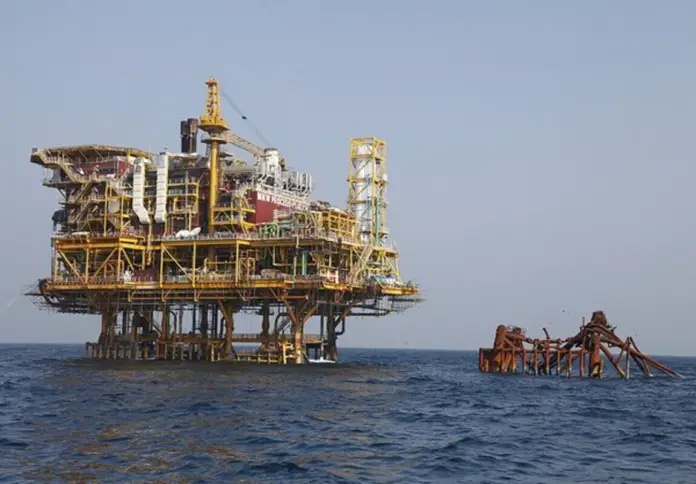A flurry of summits this week across Dubai addressed the threat of climate change, or at least acknowledged that a pivot away from fossil fuels toward cleaner sources of power is needed to keep temperatures from rising.
The glaring fault lines, however, lie on when and how to achieve this. For fossil fuel producers, like the United Arab Emirates, which hosted the gatherings, more investments, not less, are needed in oil and gas.
“We definitely at this time need to include all available resources,” UAE Minister of Energy, Suhail al-Mazrouei, said at an energy forum in Dubai.
“We cannot ignore or say we are going to abandon certain production. It´s just not the right time, whatever reason you have,” he said, adding that doing so would make prices too high for millions around the world.
It was a drumbeat echoed throughout the week in Dubai, reflecting the prominent voice fossil fuel producers are seeking to have in the global climate change conversation. It rang out at the Atlantic Council Global Energy Forum, the World Government Summit and a UAE-sponsored climate week in partnership with the United Nations.
OPEC Secretary-General Mohammad Sanusi Barkindo said that in the upcoming U.N. climate talks, known as COP27, in Egypt and next year’s COP28 in the UAE, producers can address issues around “inclusiveness to ensure no sector is left behind, to address the issue of investment in the industry and to reassess the conversation.”
He said limiting global temperature rise to no more than 1.5 degrees C (2.7 degrees F) and the role of oil and gas “are not mutually exclusive.” That amount of warming compared to pre-industrial times is a benchmark and scientists say warming beyond it will expose people worldwide to far more extremes.
To drive home the argument, proponents of more fossil fuel investments pointed repeatedly to current high oil and gas prices as reminders of the global demand for oil. There was near derision at times that countries like the United States, the U.K. and others are calling for fossil fuel use to ramp down in the long term but also pleading for more oil to bring down prices for consumers.
The United Nations Intergovernmental Panel on Climate Change and other international bodies have said that to address climate change there should not be new investments in fossil fuel infrastructure and that the fuels, which are mostly responsible for climate change, must phase out over time.
That was reiterated in a 350-page report this week by The International Renewable Energy Agency that said the world must take “radical action” by investing $5.7 trillion each year through 2030 to shift away from fossil fuels. IRENA, which happens to be headquartered in the UAE capital of Abu Dhabi, said investments of $700 billion should be diverted away from the fossil fuel sector each year.
“The energy transition is far from being on track and anything short of radical action in the coming years will diminish, even eliminate, chances to meet our climate goals,” said Francesco La Camera, the director-general of IRENA, when the report came out.







